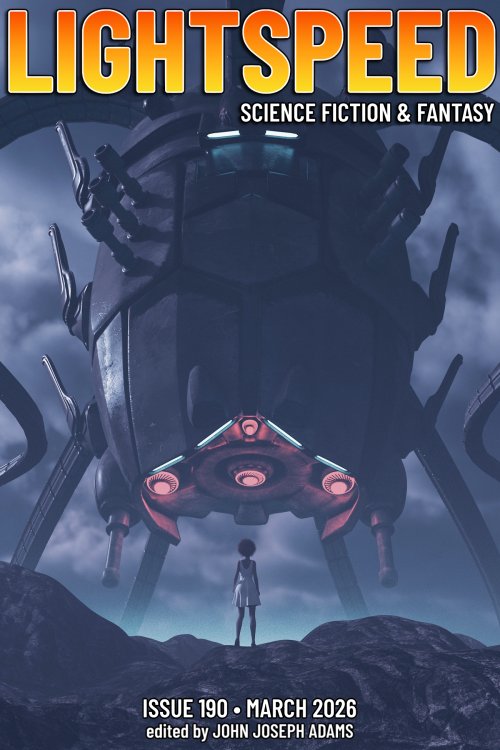Author Spotlight
Author Spotlight: James Tiptree, Jr.
Science fiction embraces seduction. Alice Bradley Sheldon, writing under the pen name of James Tiptree, Jr. is adept at taking on this concept. With “And I Awoke and Found Me Here on the Cold Hill’s Side,” first contact is mystical and mysterious. Every action of the Sirians is perceived as sexualized, even when the actions remain normal to the aliens. This is the same kind of enticement and curiosity that drives men and women to pursue ideas and fantastical dreams. At the same time, as a woman writing in a vastly patriarchal field, Sheldon described the plight of women in science fiction, and how essential they would be to the field.









